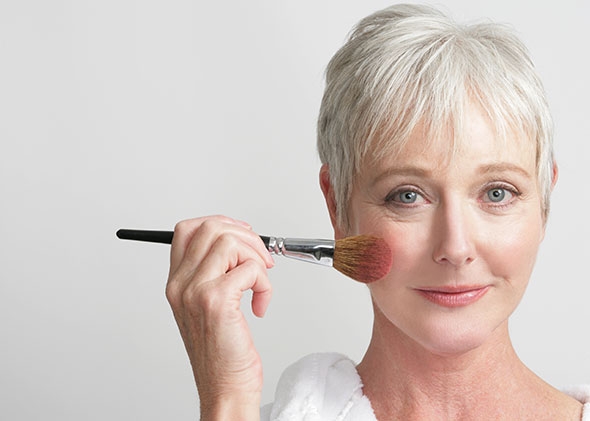
Clocking Your Real Age
A real biological clock exists.

Courtesy of Thinkstock
“74 is the new 24!” exclaims disco legend Giorgio Moroder who won Academy Awards for music in 1978, 1983, and 1986. Moroder, who was recently involved in Daft Punk’s “Random Access Memories” album, is preparing for his launch of a solo album release in 2015. The 74 year old may indeed feel like a 24 year old, but such pronouncements bring up the complicated question of chronological age verses biological age.
We all know people who look much younger or older than they actually are based on the calendar. That’s because people age at different rates, a complicated process that scientists are still trying to parse. It’s important to have some way of measuring real age, since it is key to figuring out the causes of aging and if longevity therapies are working. On that front, Dr. Steve Horvath, professor of genetics and biostatistics at UCLA, has come up with an interesting idea that is starting to generate usable data for the health community.
Last year, Genome Biology published Horvath’s paper detailing his discovery of a ‘biological clock’ based on epigenetics that can accurately measure a person’s age. “My goal in inventing this clock is to help scientists improve their understanding of what speeds up and slows down the human aging process,” said Horvath.
According to an article in Nature, Horvath’s algorithm, which is based on DNA methylation, is impressive in its accuracy and has been replicated by other researchers. The clock not only measures the age of a person, but it can measure the age of different organs within the same person. It turns out that not all tissues in a person’s body age at the same rate.
“Healthy breast tissue is about two to three years older than the rest of a woman’s body,” Horvath explained. “If a woman has breast cancer, the healthy tissue next to the tumor is an average of 12 years older than the rest of her body.” He also said that tumor tissue itself is an average of 36 years older than healthy tissue, which makes sense given that cancer is a disease of aging.
Follow-up work offers proof that lifestyle choices make a difference in aging as well. In a recent study published in the Proceedings of the National Academy of Sciences, the biological clock revealed that obesity speeds the aging of the liver. Specifically, the scientists found that the epigenetic age of the liver grew by 3.3 years for every ten body mass index (BMI) units.
"Assume there is a man who is 5-foot-8 and weighs 130 pounds. This slender man would have a body mass index of 20," Horvath said. "Compare him to a man of the same age and height who weighs 230 pounds. The liver of this obese man – who has a BMI of 35 – would probably be five years older than that of the slender man." The implications of this reality could help doctors better understand who is more at risk for certain diseases and screen accordingly.
Until more work is completed using the clock, there are other researchers using more traditional techniques to assess one’s biological age. For instance, Dr. Thomas Perls of the New England Centenarian Study has created a questionnaire called the “The Living to 100 Life Expectancy Calculator” that predicts how old users might live given their responses. Such calculators can be useful because they help people see where they are making lifestyle mistakes and suggest how to correct them.
When it comes to happiness, pure biological age may not be the only important item. Psychologists like Dr. Susan Krauss Whitbourne at the University of Massachusetts Amherst argue that psychological and social age matter as well. Psychological age is how you manage your emotions. Older people tend to be in better control of their emotions, so being ‘psychologically older’ is good as long as other cognitive functions are working well. Social age is where people expect others to be at a given point in their life.
According to Whitbourne, “The family social clock of our culture expects that people become parents at some point in their late 20s or early 30s, at which point they also are married or in a serious relationship.” So, if someone becomes a parent at age 40, their social age has suddenly dropped to 30.
In this context, Moroder’s comments make more sense. A 74 year old cannot currently be biologically 24, but a 74 year old can certainly be socially 24. In the future, breakthroughs like Horvath’s clock may make the biological as easy to morph as the social.